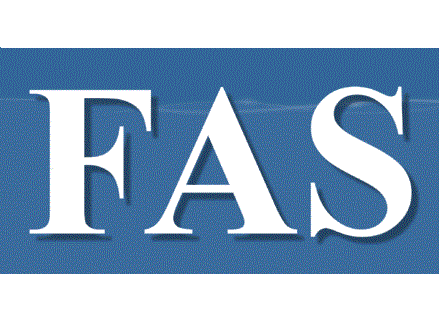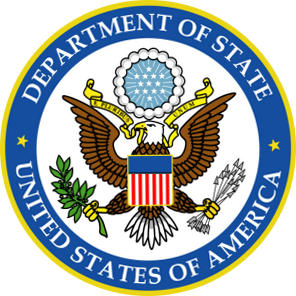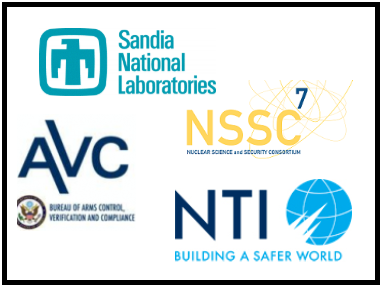At the NPWG, we collaborate with leading agencies in the field. Here are some of our ongoing and past projects and partners:
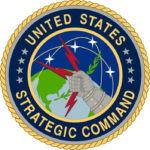
To encourage the development of current and future national security professionals, the NPWG is a member of the U.S. Strategic Command Deterrence and Assurance Academic Alliance.

Through sponsorship from the Carnegie Corporation of New York, the NPWG collaborates with the Project on Nuclear Gaming to study nuclear deterrence using next-generation wargames.
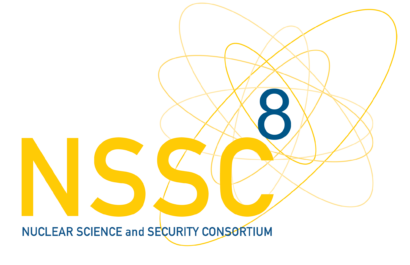
Through support from the National Nuclear Security Administration’s Office of Defense Nuclear Nonproliferation, the NPWG engages with the Nuclear Science and Security Consortium to train the next generation of nuclear security experts.
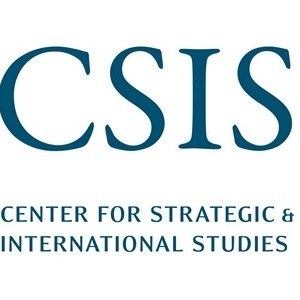
The Center for Strategic and International Studies’ Project on Nuclear Issues partnered with the NPWG on a two-year project—On The Radar—sponsored by the Carnegie Corporation to examine how emerging technologies can affect the situational awareness of decision-makers during crises between nuclear-armed states. For more about the partnership, click here.
With support from the MacArthur Foundation, the Federation of American Scientists collaborated with the NPWG to examine nuclear security and nonproliferation challenges related to naval nuclear propulsion. For more about our work, click here.
The U.S. Department of State’s Bureau of Arms Control, Verification, and Compliance sponsored the NPWG to produce a video to raise awareness on careers in arms control verification and transparency. To watch our video, click here.
Sandia National Laboratories, the Nuclear Threat Initiative, the U.S. State Department, and the Nuclear Science and Security Consortium partnered with the NPWG to host a workshop exploring the legal and ethical issues associated with using societal verification in arms control. For more details, click here.

The NPWG was kickstarted in 2012 through an educational programming grant from the Institute on Global Conflict and Cooperation.

